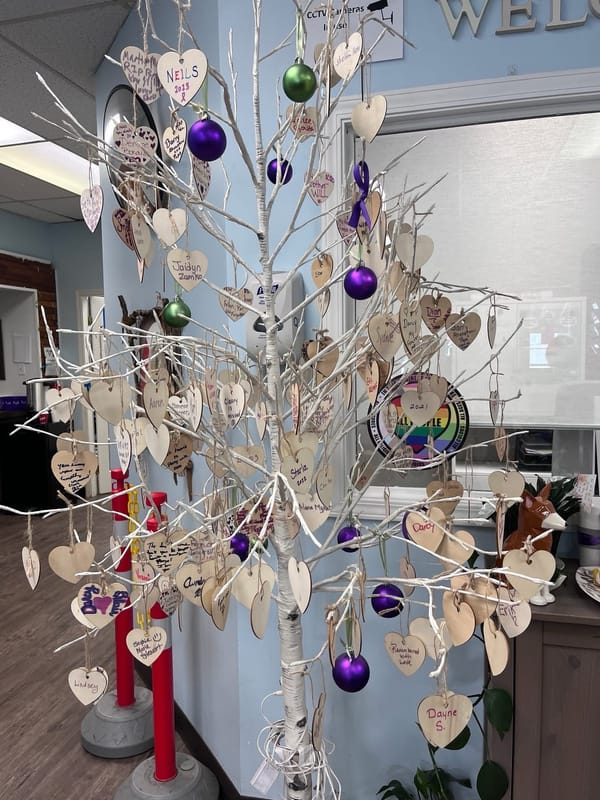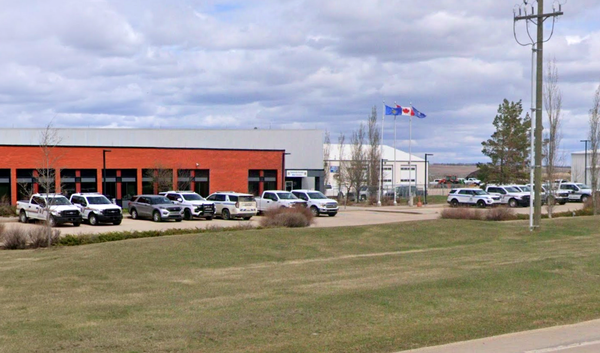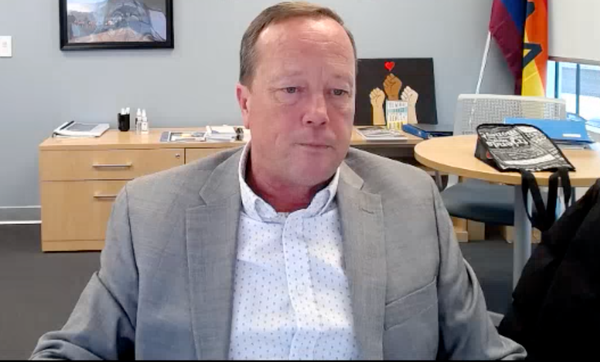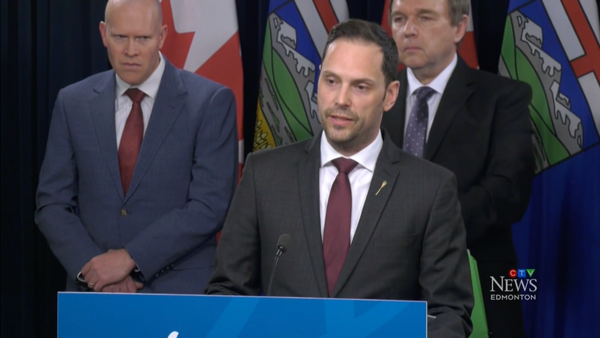Alberta chooses drug war profiteering
There won't be any silver linings for those unable to access regulated supply, supervised consumption or appropriate housing options under the new UCP government.
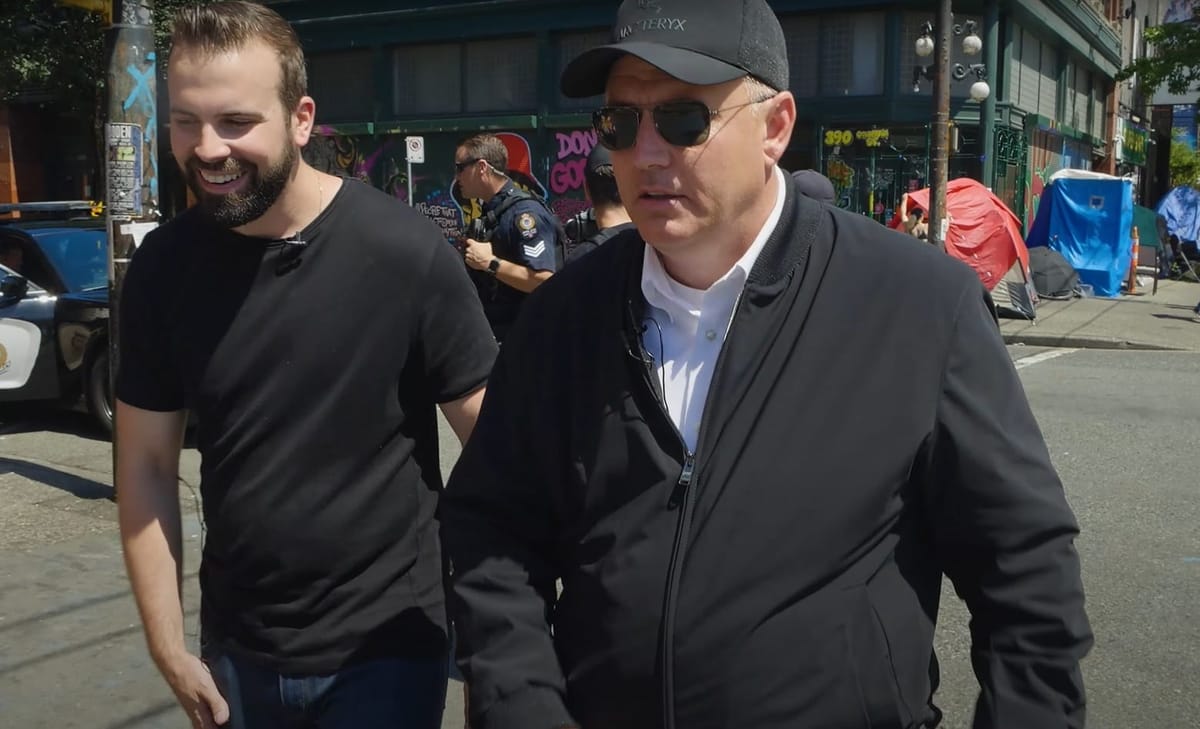
This will be quick. I’m traveling to Halifax this week (fires here, fires there, fires everywhere). I’ll be presenting to the Canadian Brewing Awards attendees on “How Breweries can Build Mutual Safety with Vulnerable Neighbours” with Ren Navarro, the industry’s top inclusivity advocate. We’ll run her expertise on creating safe spaces for diverse people through a harm reduction lens to discuss drug policy and conducting business in areas with unhoused neighbours.
With the Alberta election behind us, it’s time to mourn for those whose lives would have been made more tenable under an NDP government. I’m mourning the lost opportunities to expand overdose prevention and safe supply, to calm down the chaotic response and minimize the death.
I’m mourning the underpaid and unpaid workers serving as literal field medics at the front lines of the war on drugs while the UCP lines the pockets of its abstinence pals.
I’m mourning the opportunity for Alberta to return to an appreciation of evidence and informed consent, if not outright solutions to the crisis. I’m mourning my stress levels.
But soon, we’ll have to return our attention forward. It should be clear by now that this province has become Canada’s test kitchen for harmful drug policy ideas. Like it or not, this is a political struggle.
In recognizing this, we must identify the folks that are profiting from these harms, to organize ourselves and isolate them from our systems. This will become increasingly difficult, if not impossible, as the UCP advance their forced abstinence agenda, stripping choice from the people most impacted by drug dysregulation.
There are a number of such people. How closely is Take Back Alberta, who got Danielle Smith into power as leader and then seemed to drive this re-election campaign, connected to the billionaire(s) of Pacific Prosperity Network? How do Poilievre’s latest propaganda campaigns, timed so perfectly with Aaron Gunn and his “documentary” work, fit into the picture? What are their connections with abstinence-based recovery organizations?
I invite you to reply to this and add your own resources to be compiled into a larger network diagram.
In Vancouver, Kent Clark has done tremendous work connecting some of the profiteers. But the links run across the border. Be sure to follow Emily Mills in San Francisco as she unravels them and follows the money.
From Alberta, Jeremy Appel is also watching dollars move from government to abstinence organizations and possibly even into American astroturf lobbying groups. Duncan Kinney has shown the receipts that minors are being harmed in certain [name redacted] forced abstinence settings.
Personally, I believe a central hub of political legitimization and resource exchange is the Alberta Recovery Conference and its satellites. We need good journalists digging up speaker fees, donations and other receipts on these privately run, publicly funded forums.
But what happens if the UCP’s Compassionate Intervention Act legislates a framework to force people into abstinence?
We’ll need to be ready with a legal challenge. That requires money and more people willing to stand against the government.
We will need to be more organized: no more rallies with thirty or forty people. We need to connect with climate activists, worker movements, LGBTQ2S+ defenders, police accountability groups and more — show up when they need us and ask for the same in return, because it’s all the same fight against the alt-right.
We’ll need creative, bold ideas brought in through new partnerships.
Stories can move others to action. If you have one that might be of public interest, now is the time to get it out there. This can be done safely if you need anonymity — if so, it may require multiple people to validate.
So gather your receipts and your people. Consider your safety. Reach out to someone in the advocacy world — I’m happy to help where I can.
Time is not on our side: we are entering perhaps the biggest drug poisoning wave yet.
Mourn first, then let’s look ahead together.


